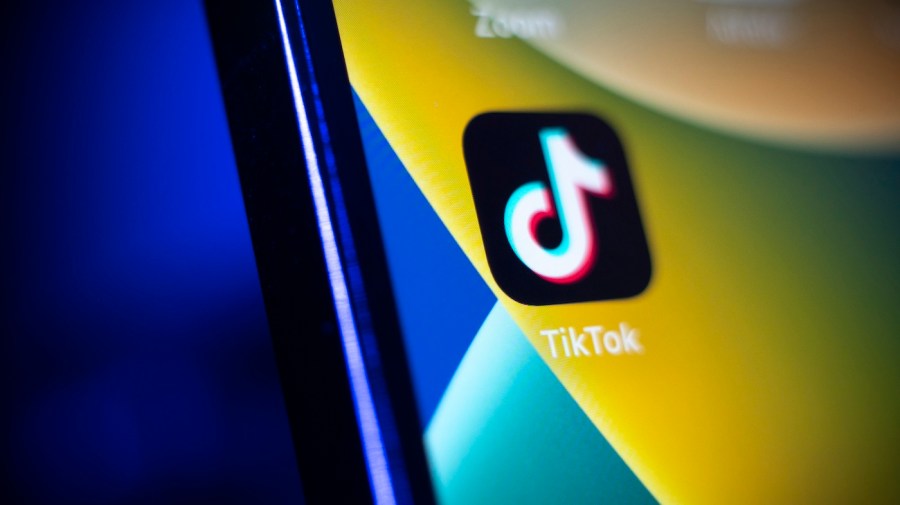[ad_1]

TikTok announced Tuesday it will restrict the use of some appearance effects for users under 18 after teens and parents in a new study expressed concerns about the impact of beauty filters.
The restrictions will not apply to effects that are “obvious and funny,” like animal ear filters, but rather those designed to alter a user’s appearance, the social media site said Tuesday.
These effects are usually harder to detect as they alter existing facial features including one’s skin, eyelashes or lips.
TikTok said the changes come after the company’s commissioned research study from children’s online safety non-profit Internet Matters found a “clear distinction” in the impact of these two types of filters.
“Teens and parents raised concerns about ‘appearance’ effects, including that those viewing the content might not realize it had been altered,” TikTok wrote Tuesday.
The platform will also provide more information about how an effect can change one’s appearance when applied in addition to the alert users already see when such filters are used on content.
Internet Matters found most of the teens in the study were in favor of the use of labels on filtered and edited imagines as a way to avoid anxiety and low self-esteem.
“There was a consensus among teens and parents that beautifying filters contributed to a distorted worldview in which perfected images are normalized and authentic visual presentation is rarer,” the report stated.
Those developing effects for TikTok will also receive updated resources that emphasize the “unintended outcomes” of some effects, the platform added.
The announcement was made at TikTok’s European Safety Forum in Dublin, but a spokesperson confirmed the changes will be rolled out globally over the coming weeks and months.
TikTok is among various social media platforms to face increased scrutiny this past year over its impact on young users.
More than a dozen states and the District of Columbia sued TikTok last month, alleging the network exploits and harms young users while “deceiving” the public about these dangers.
The suits pointed to a series of “manipulative features” that allegedly keep young users hooked to the platform, including the beauty filters, push notifications and “autoplay” setting which continuously plays new and temporary posts.
The platform could face a ban in the U.S. after President Biden signed legislation in April that established a timeline for ByteDance to sell the platform or be prohibited from U.S. app stores and networks.
ByteDance has contended divestment is practically impossible, meaning that the law effectively amounts to a nationwide ban of the video-sharing platform.
The Justice Department sued TikTok, ByteDance and their affiliates in August for alleged violations of the Children’s Online Privacy Protection Act, which bans website operations from knowingly collecting or using personal information from kids under 13 without consent from parents.
[ad_2]
Source link

